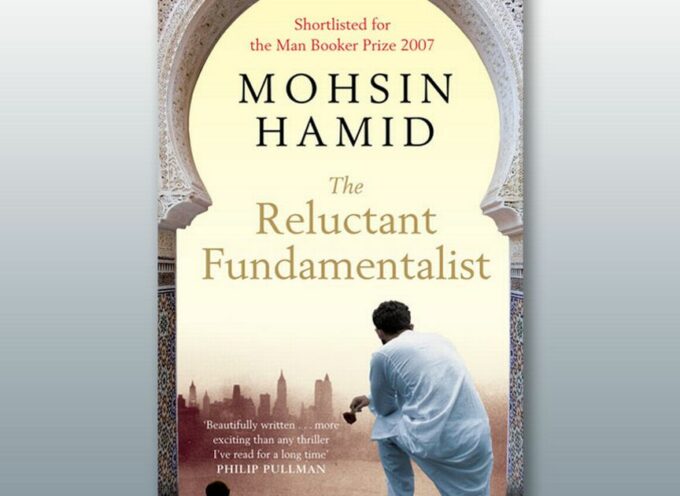In a recent post, I argued that the gospel is not only a treasure to be valued, but also a leaven to be kneaded into the “dough” of society. In that article, I made two big points: first, a gospel-centered approach to politics enables us as evangelicals to reframe the significant political issues of our day; and second, a gospel-centered approach to politics liberates us from society’s perspective that evangelicals are a special-interest arm of a major political party.
But how exactly do Christian virtues affect social and cultural realities? In this brief article, I will show how faith, hope, and love counteract society’s maladies. Sick are the depths of our civilization’s soul, but soothing and healing are the spiritual operations of faith, hope, and love.
Faith
Rooted in the authority of God’s Word, faith’s importance cannot be overstated because its very nature is to trust God by believing his Gospel and inheriting his salvation (Rom 4:20-25).
More than mere intellect or emotion, faith involves trust because the object of faith is God himself. This is why children are exemplars of faith. Like a child trusts her earthly father, so we should trust our heavenly Father and lean into his sure promises even if everybody else proves to be a liar (Rom 3:4). Such childlike faith issues forth in salvation, and when we taste the fruit of salvation, we are motivated to do good deeds (James 2:18).
The people of faith exhibit a worship that society hungers for. For example, when corporate America offers the gods of consumption and possessions, the church should respond that material goods do not bequeath the salvation of security and happiness. Christ alone provides salvation (Heb 12:2).
Or, when secular modernity declares that individuals are autonomous (independent from others and from God) and preaches self-expression and desire-fulfillment as the passage to salvation, we demur. Self-worship, gender manipulation, and uninhibited sexual expression cannot breed spiritual liberation.
Indeed, any time society deifies some aspect of God’s creation—sex, money, power, success, material good and possessions, personal freedom, our nation, the past, the future, or any other thing—God’s faithful people should show how that aspect of God’s creation is good thing but a bad god. Every aspect of God’s creation is good, but no aspect of God’s creation is god.
Hope
Hope is tied to God’s sovereignty over history and the future. Christian hope is not wistful or wishful, but certain. Why? Because our hope depends upon the truth of who God is and his certain promises. Our hope longs for that eternal joy even in the midst of present suffering. Hope extends beyond ourselves and is directed toward the future, toward the consummation of our salvation. It anchors “the soul, both sure and steadfast” (Heb 6:19). Like faith, it fosters good works, making us courageous (2 Cor 3:12) and enabling us to deflect the attacks of the Evil One (1 Thess 5:8).
Hope avoids the twin errors of pessimistic despair and optimistic utopianism. A hopeful people invites society to reimagine hope—that this world is not the end of things, and that those trust in Christ need not despair even in the midst of evil, poverty, injustice, or any other form of adversity. Against false ideologies, such as nihilism and scientism, that would cause us to despair of life or reduce it to what can be studied scientifically, God’s people can live with a joyful hope that is anchored in Christ’s future kingdom.
Love
Love focuses on God’s intimate presence with us. It is the greatest virtue, greater even than faith and hope. The God of love created the world and gifted his Son to suffer on its behalf, forgiving the ruthless and reconciling its mockers and murderers to himself. God’s love is pure because God himself has no needs.
Christian love should be modeled after God’s agape-love (1 Jn 4:7-21), encompassing the totality of our lives, radiating outward into our homes, workplaces, neighborhoods, and nation. Like faith and hope, love fosters good works. Without love, our good works stammer in a broken world; with love, our good works touch the crippled and command, “Arise and walk.”
God’s agape-love sacrifices and bleeds. It engenders the type of selflessness that counteracts society’s individualism. God designed humans as profoundly social and communal beings, and we are to love him and one another. For that reason, we should reject the type of politics seems to think the only actors in society are the individual and the state; in place of that type of politics, we should seek to breathe new life into the God-given “middle layers” of society, such as family, church, and local community. It is in those middle layers that love and justice most often meet, that God provides his imagers with the things they need to flourish.
Fueled by Christian love, we can encourage society to find a way past the selfishness with which we are so often tempted. In our homes, we can be exemplars of selflessness to our children. In our corporate businesses, we have opportunities to display servant leadership when bosses may promote themselves at the expense of their employees. In public life, we can refuse to applaud politicians who seek the limelight with the fervor and desperation of a crack addict and who seem most comfortable when showering themselves with self-congratulation.
Conclusion
In times of social breakdown and cultural deformation, we must remember that no amount of opposition, no iteration of depravity, no depth of dysfunction, can nullify the God-given gifts of faith, hope, and love.
Through faith, we shine light on the path of wisdom in the midst of a foolish world. Because of our certain hope, we remain humble but confident in a world that oscillates between hopeless despair and utopian dreams. As we rely upon Christ, his perfect love will flow through us, breaking forth into justice in the midst of an unjust world.
Subscribe
Never miss a post! Have all new posts delivered straight to your inbox.







